What Is the Subjunctive Mood in English Grammar?
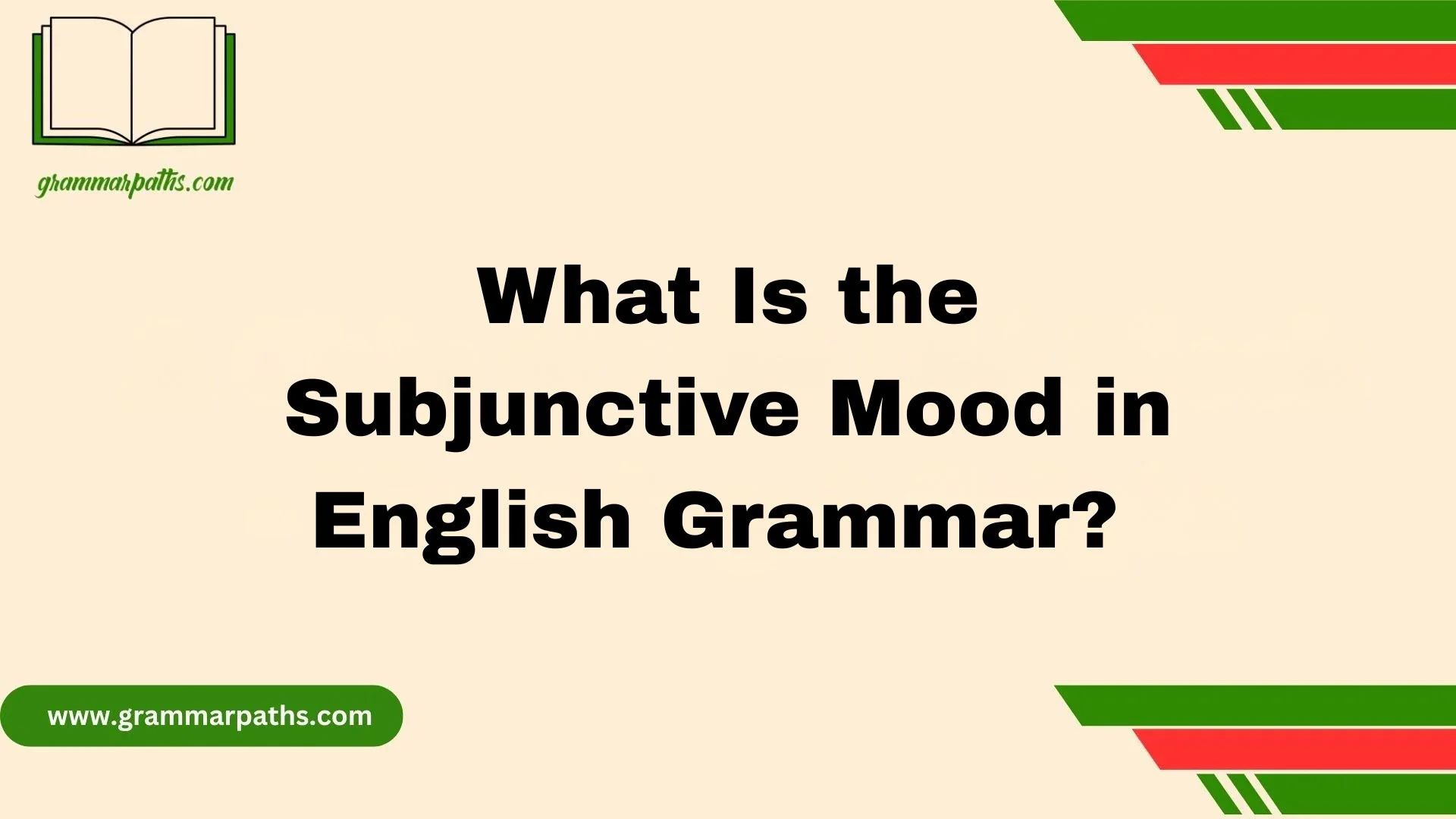
In English grammar, the subjunctive mood is a special verb form used to express wishes, hypothetical situations, demands, suggestions, or ...
Read more
Recurring vs. Reoccurring: Understanding the Subtle Distinctions
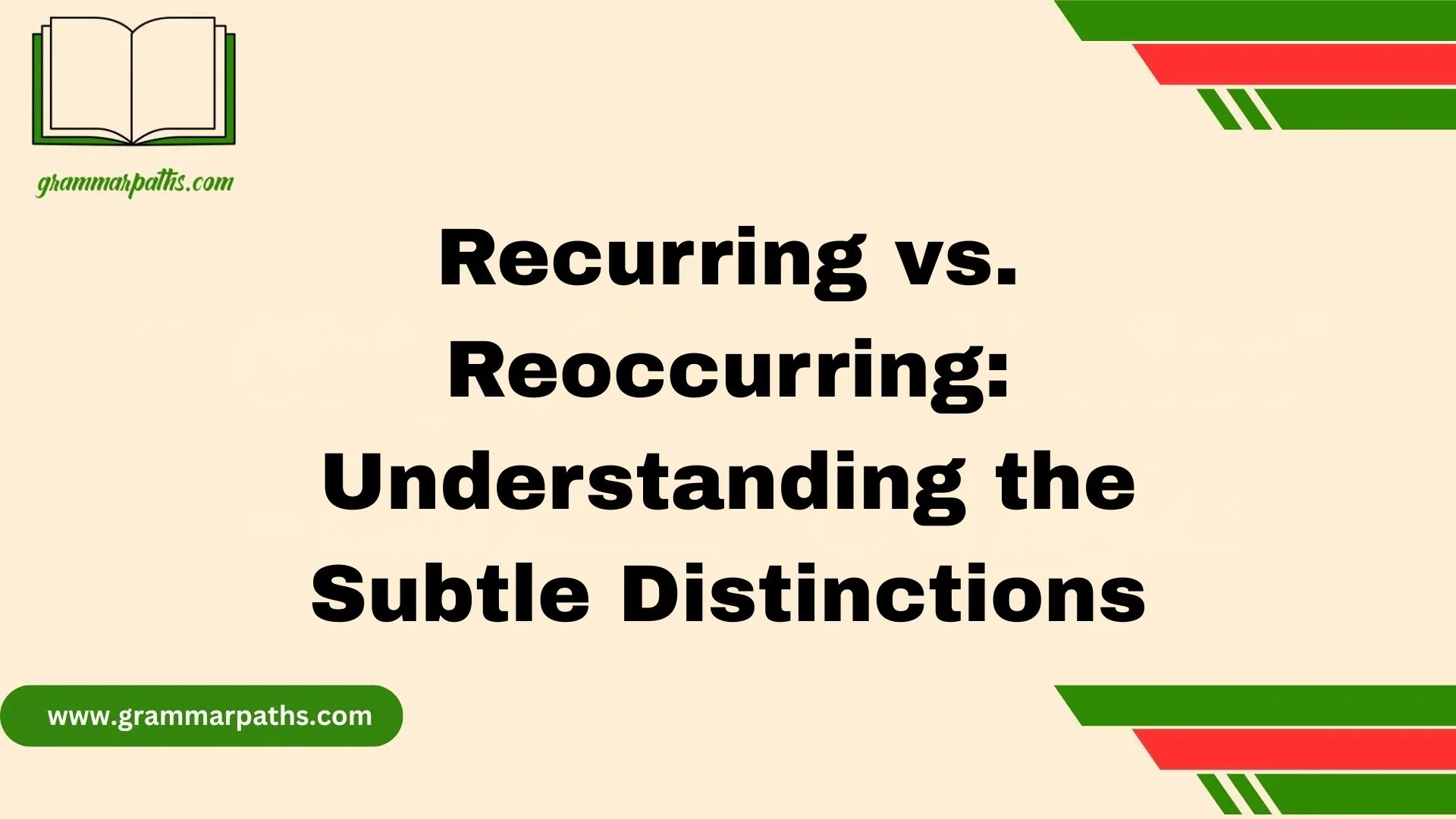
When it comes to the English language, even the smallest differences between words can create confusion. One common example is ...
Read more
Jibe vs. Jive – What’s the Difference?
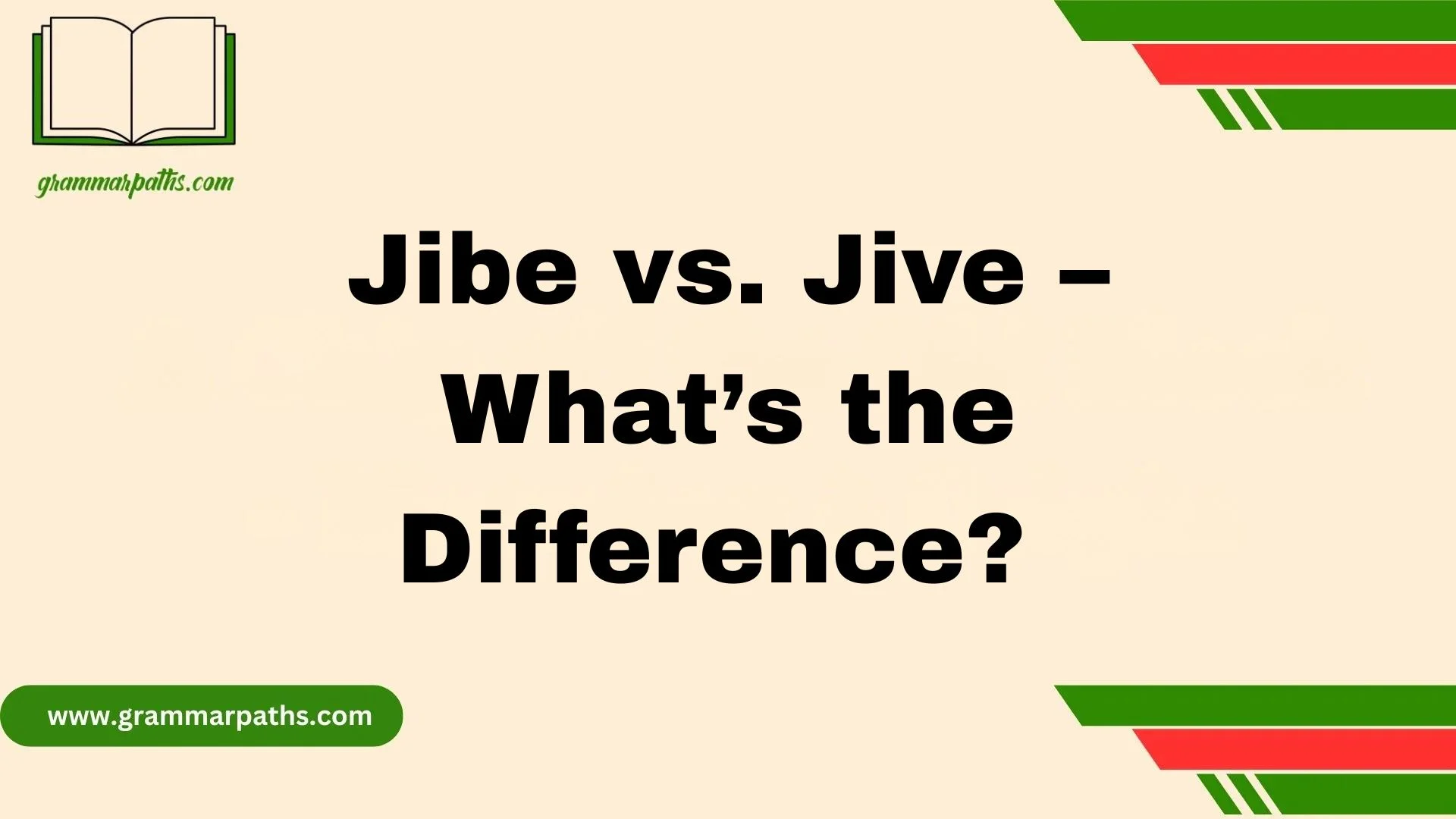
When it comes to the English language, even simple words can create confusion if they sound alike but carry different ...
Read more
Is It Correct to Say “How Is It Going?”: A Complete Guide
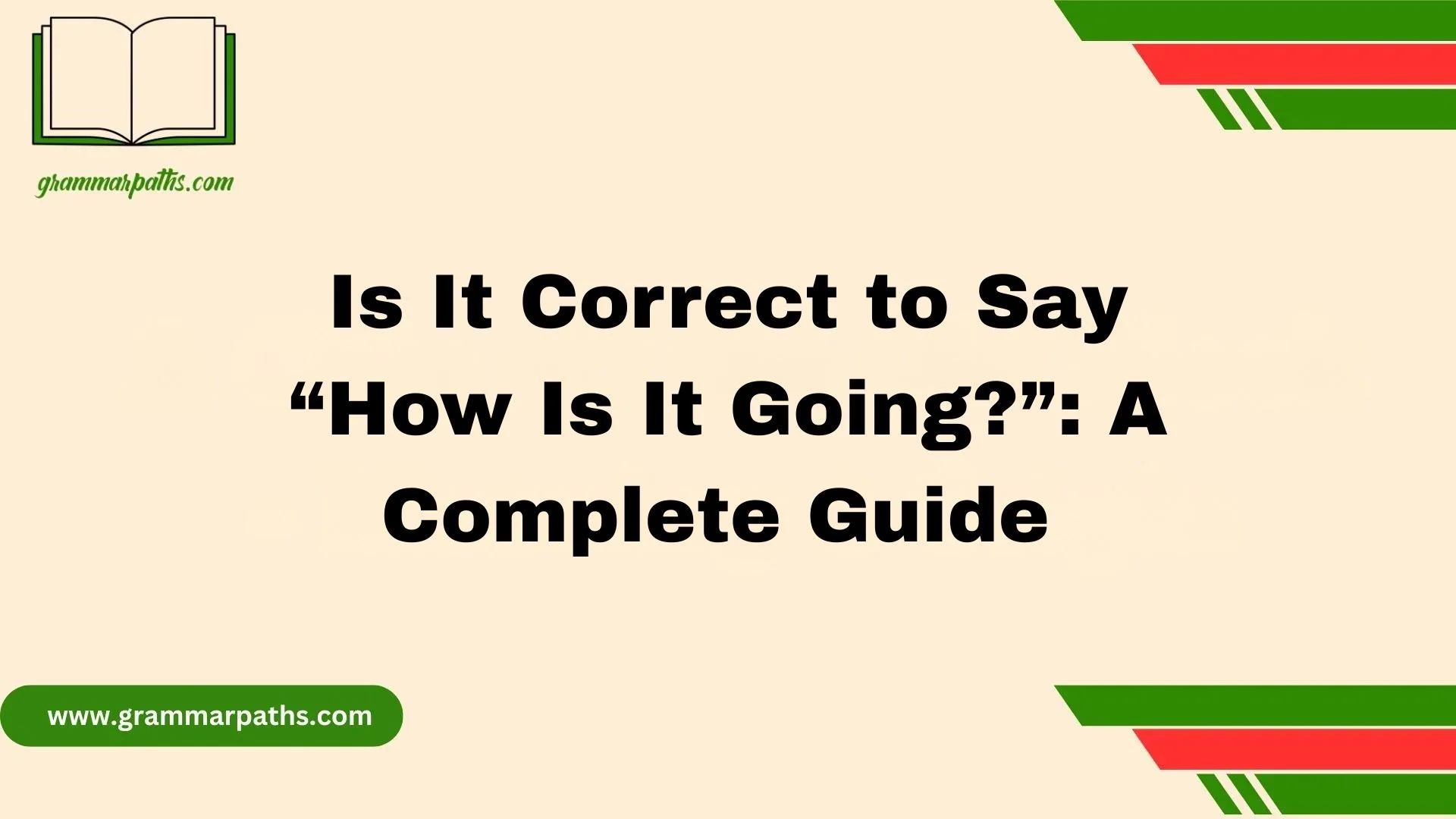
When learning casual American English greetings, one phrase you’ll hear often is “How is it going?”. This common expression is ...
Read more
Invaluable vs. Valuable: Understanding Their Unique Distinctions
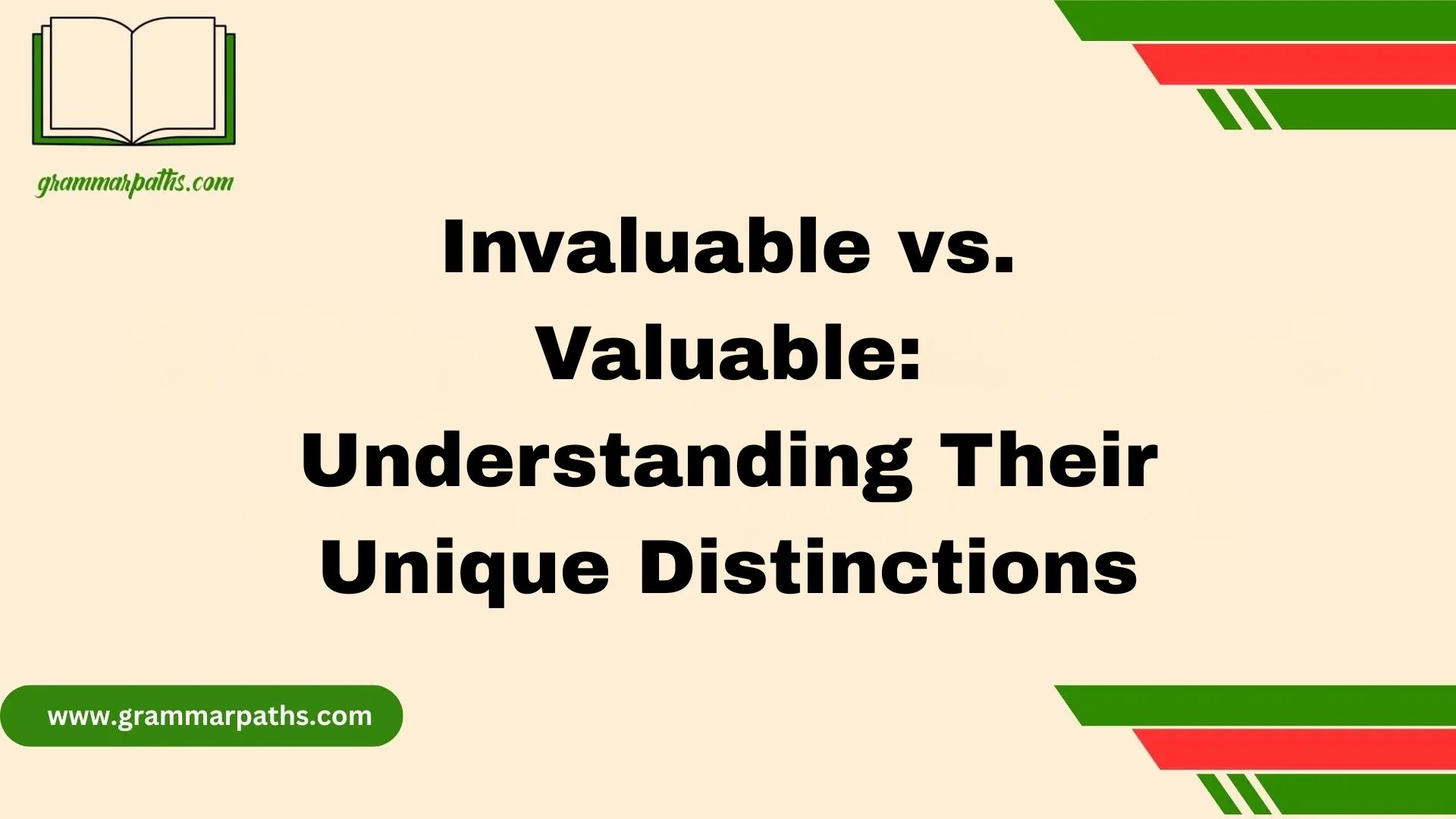
When I first studied English, I realized how subtle a single word can be. Small shifts in how we perceive ...
Read more
A Shot in the Dark – Idiom, Meaning, Examples & Usage
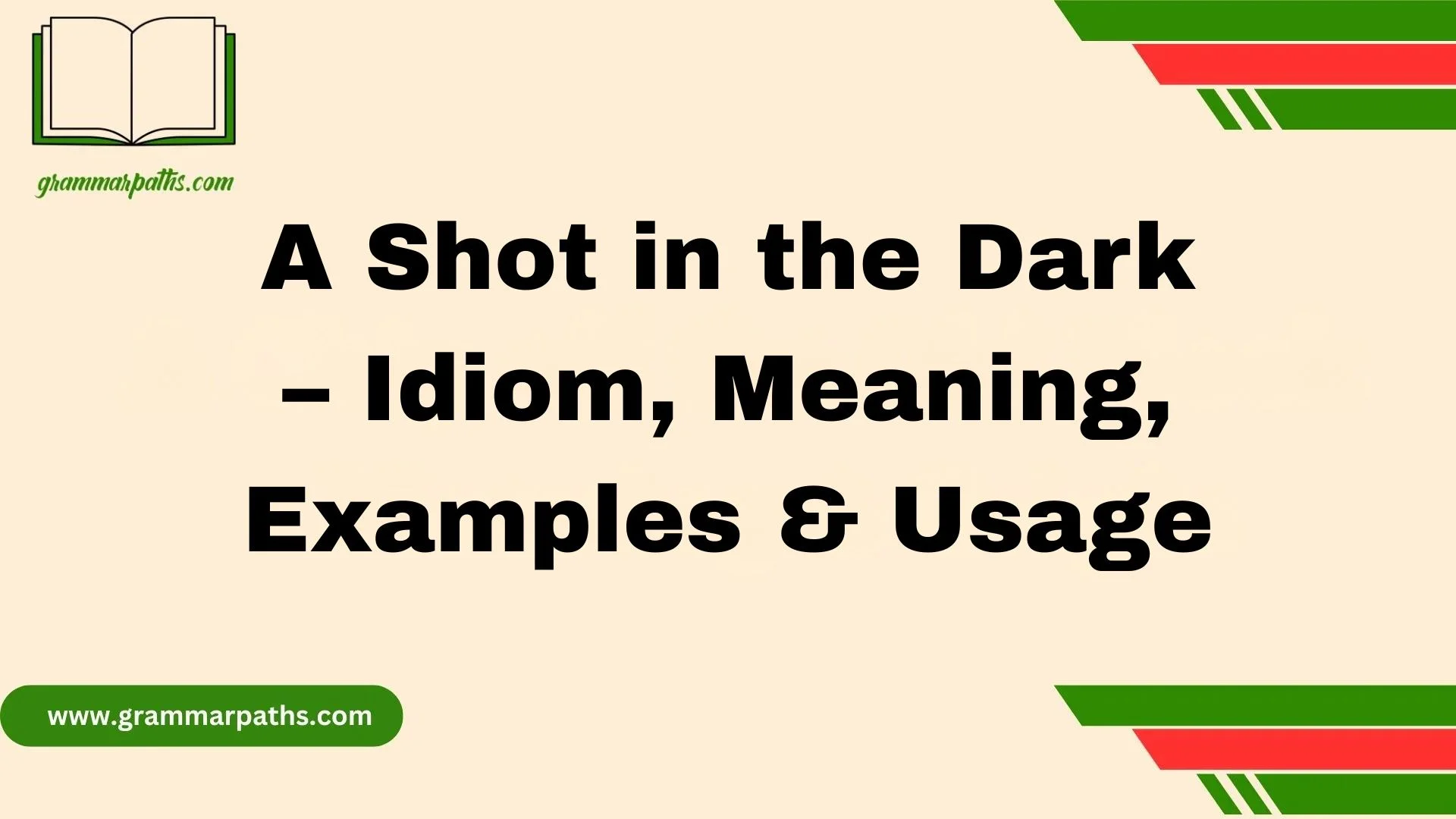
The phrase a shot in the dark often slips into a sentence when language tries to capture how chance shapes ...
Read more
Fingers Crossed – Meaning, Origins, and Usage Explained
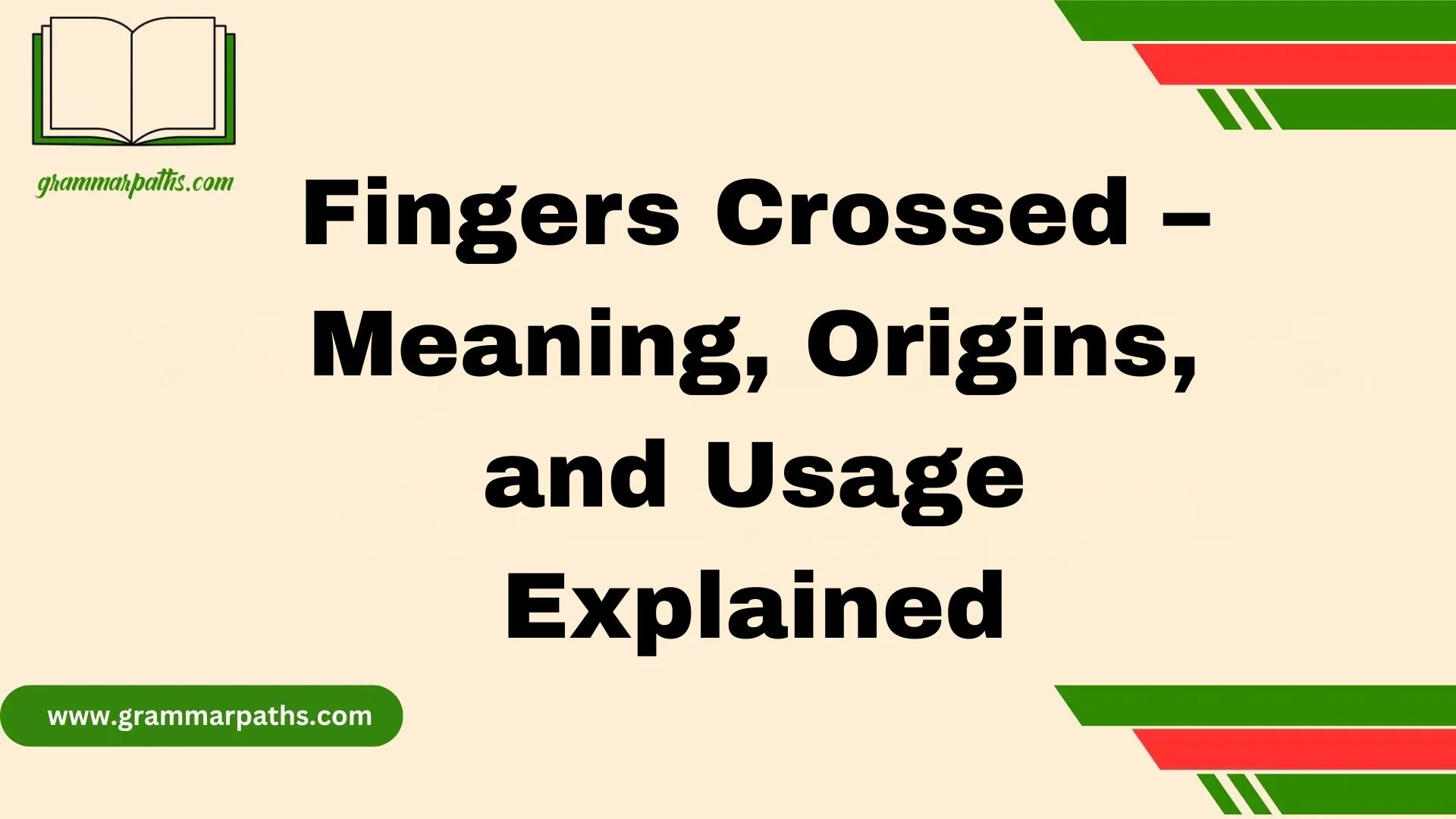
The phrase fingers crossed might look simple, but the expression carries real emotional weight with layers of linguistic depth. A ...
Read more
Is It Correct to Say “You Are Always Welcomed?”
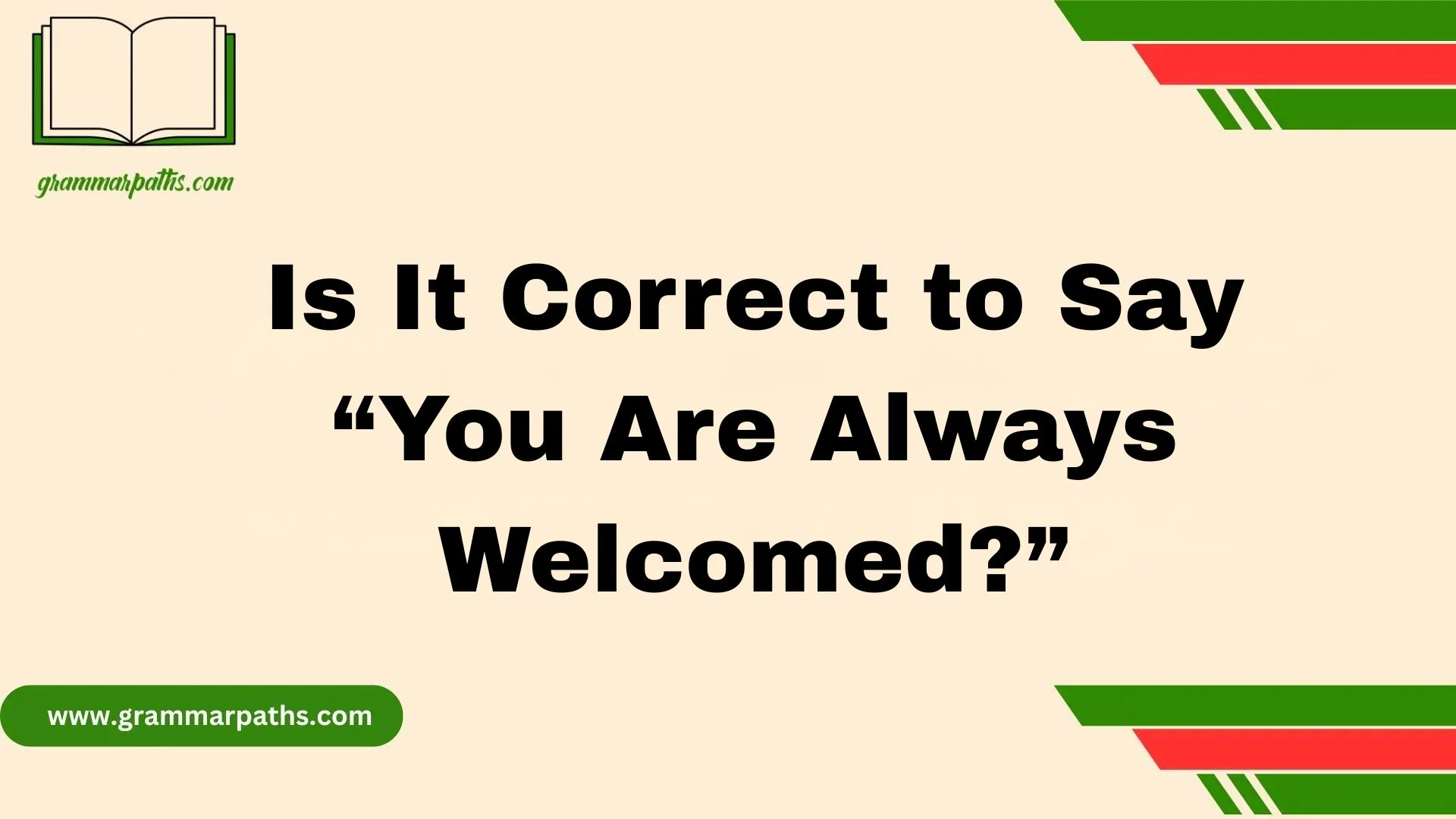
Some sentences in everyday English communication may sound almost right but still feel slightly off. That’s the case with “You ...
Read more
Is It Correct to Say “You Are Missed”? A Complete Guide
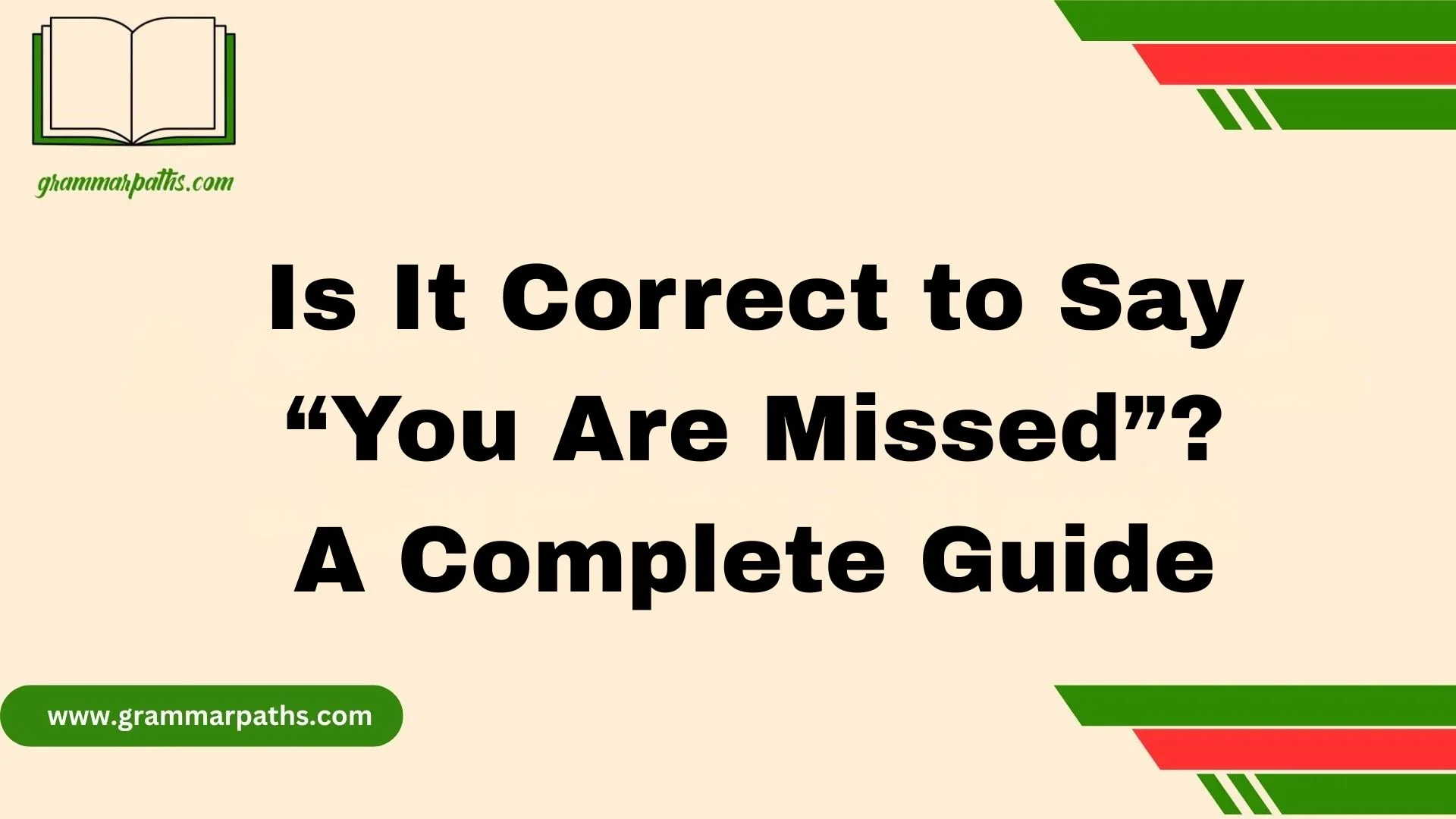
As professionals, writers, and editors, many of us end up second-guessing phrases in the English language, even when we have ...
Read more
Currently or Currenty – Which is Correct?
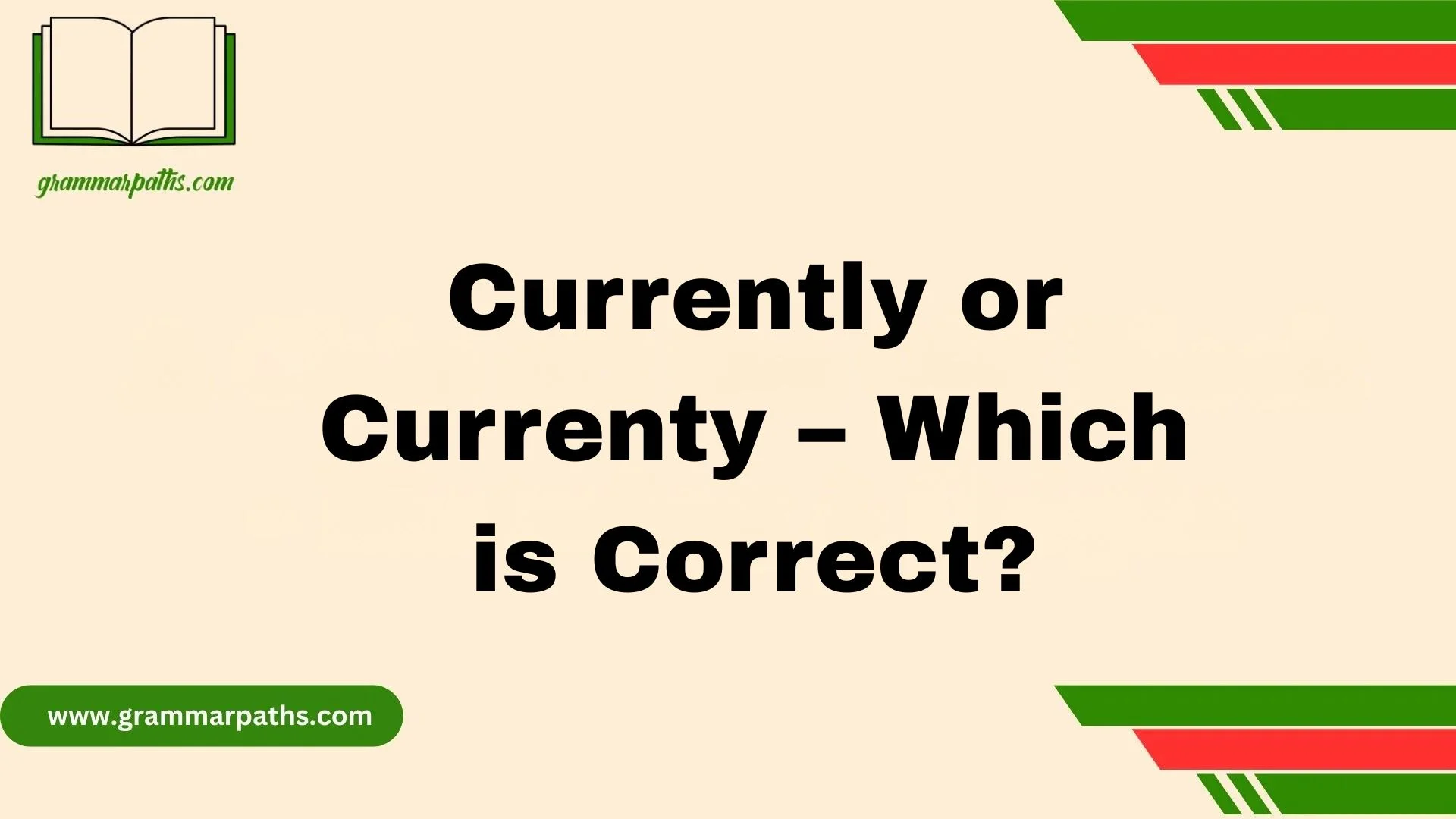
I once paused mid-sentence, wondering if I should type currently or currenty in one of my school papers. I wasn’t ...
Read more











